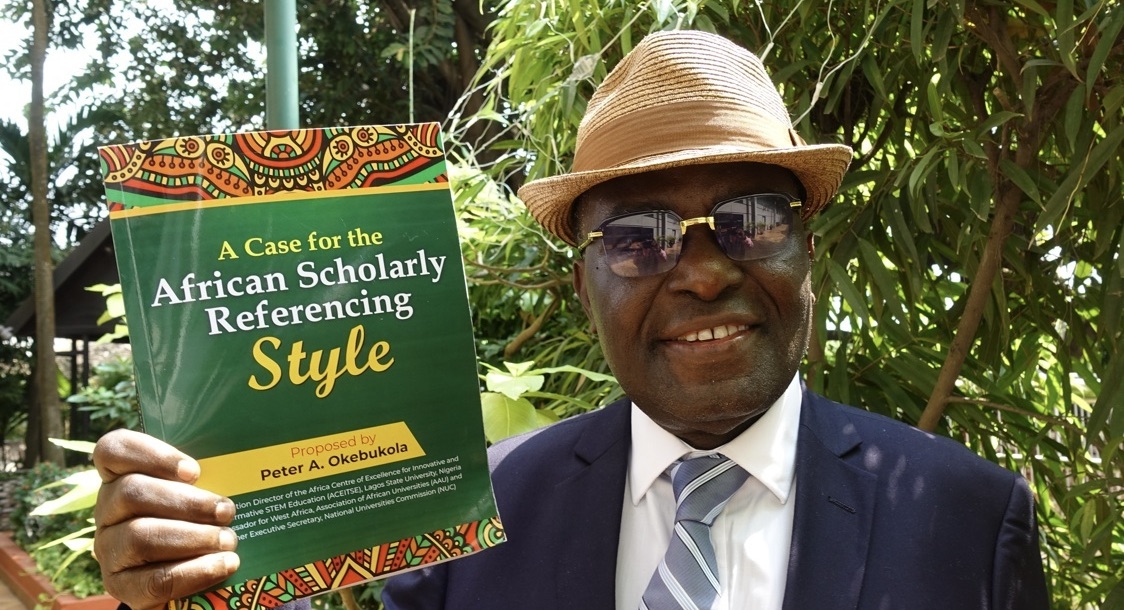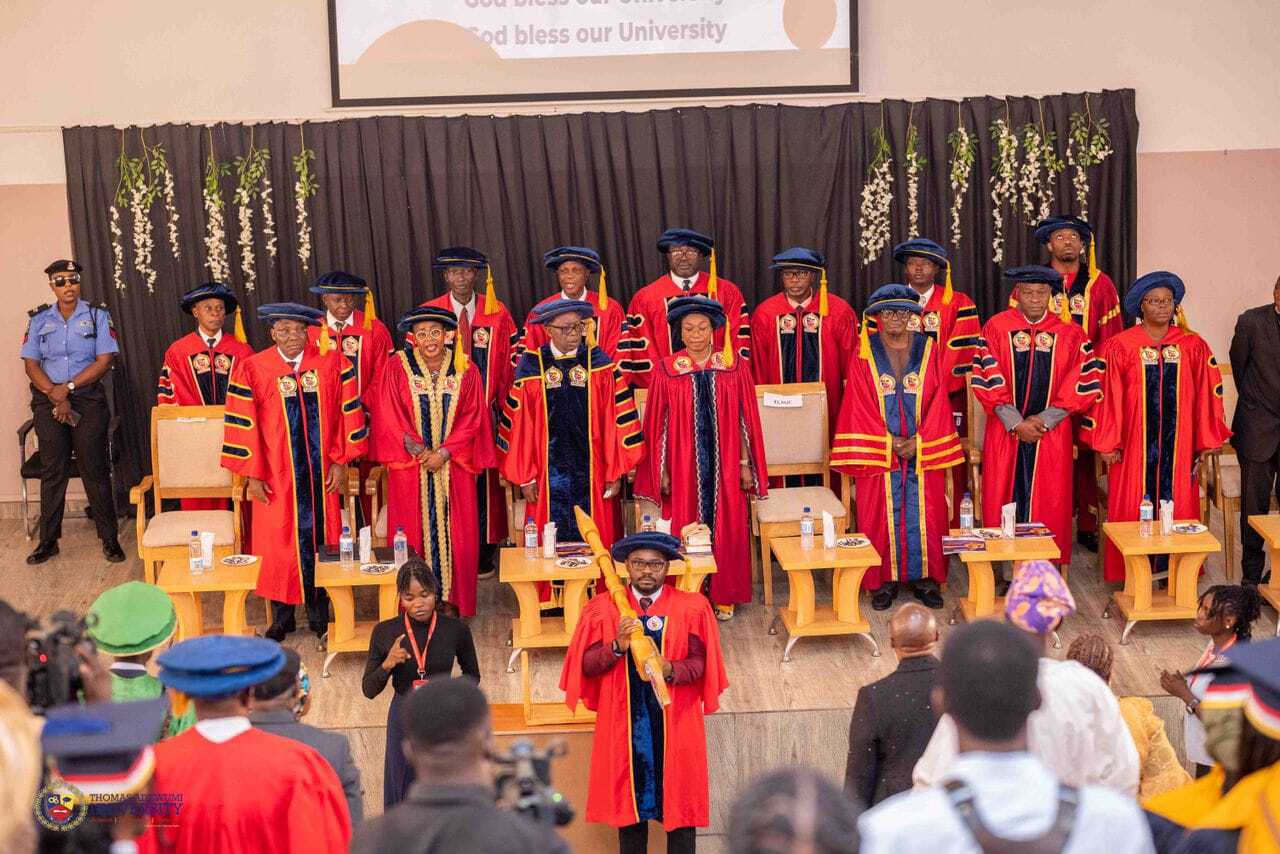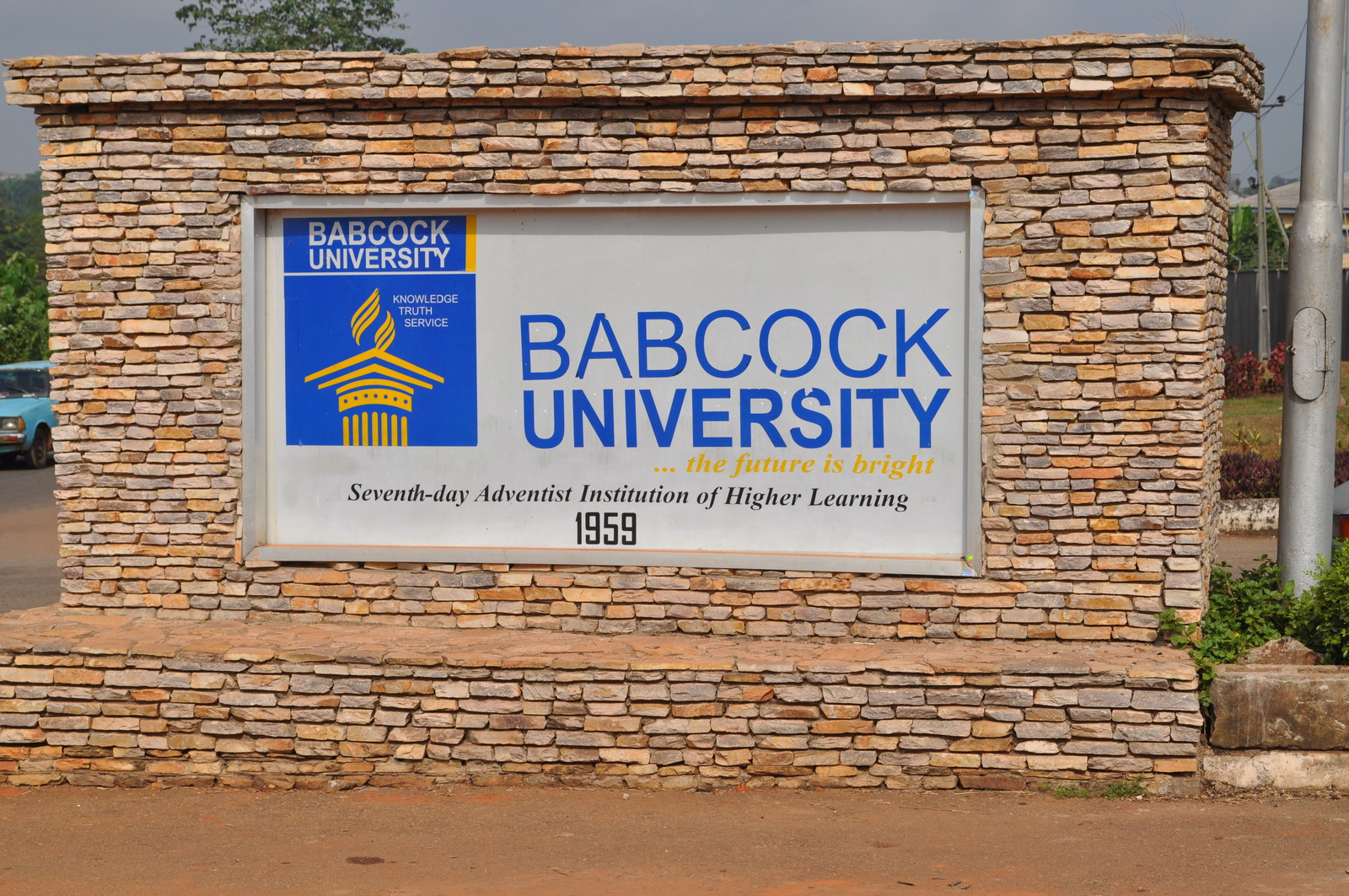The Federal Ministry of Education on Thursday confirmed that it has resolved the technical issue that affected the release of some 2025 West African Senior School Certificate Examination (WASSCE) results, promising that updated records will be available within 24 hours.
The glitch, according to the Ministry, was linked to subjects where paper serialisation was deployed by the West African Examinations Council (WAEC) as a security feature during the exams. The error occurred during post-processing and affected the display of results for a number of candidates.
In an official statement signed by the Ministry’s Director of Press and Public Relations, Folasade Boriowo, the government commended WAEC for what it described as “swift response, transparency, and professionalism” in resolving the issue. She added that candidates would be able to access their corrected results via the usual WAEC result-checking portal by Friday, August 8.
“We appreciate the patience and understanding of all affected candidates,” the statement read. “This development reinforces the Honourable Minister’s broader education reform agenda, which prioritises examination integrity across all bodies under the Ministry’s supervision, particularly WAEC and the National Examinations Council (NECO).”
The Ministry used the opportunity to announce a key reform initiative: the phased introduction of Computer-Based Testing (CBT) by both WAEC and NECO, beginning with the objective components of exams from November 2026.
According to Boriowo, the shift to CBT is part of ongoing reforms aimed at addressing longstanding concerns about examination malpractice, including question leakages and result manipulation.
“The adoption of CBT represents a critical step toward curbing malpractice, preventing question leakages, and restoring public trust in the examination system. It is a necessary reform to ensure Nigerian students are assessed strictly on merit and that their certificates retain credibility both locally and internationally,” she stated.
The Minister of State for Education, Dr. Yusuf Tanko Sununu, and the Minister of Education, Dr. Tahir Mamman, were not named in the statement, but Boriowo noted that the reforms align with the vision of the Honourable Minister. She quoted the Permanent Secretary, Dr. Didi Alausa, as stressing the importance of integrity in national assessment systems.
“Dr. Alausa emphasized that safeguarding the integrity of examinations is not optional—it is essential. Upholding high standards, he noted, protects the future of our young people and sustains Nigeria’s global reputation,” Boriowo added.
The Ministry assured parents, students, and education stakeholders of its continued commitment to fair, transparent, and merit-based evaluation processes in the country’s education sector.






